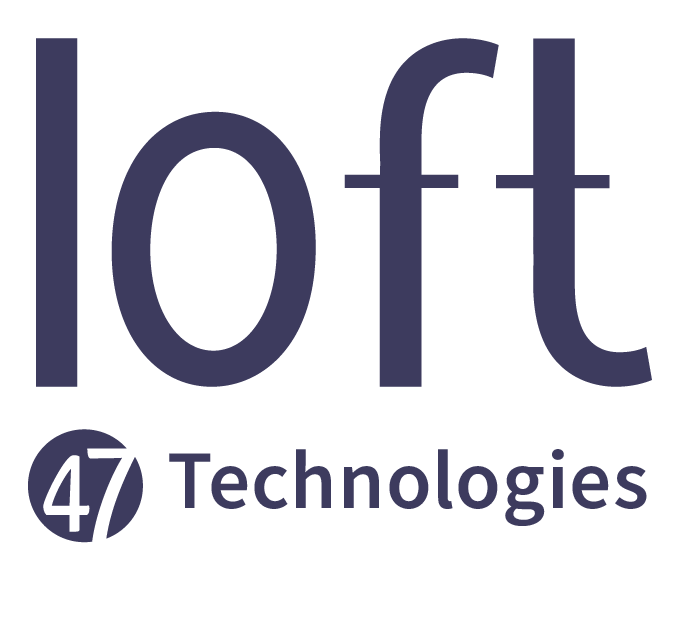
It’s that time of year, again. Hopefully, you had an incredibly productive year and have painstakingly tracked all your earnings and expenses, making your year-end simple.
You haven’t? Fear not. We’ve got some tips for you to get prepared for your year-end as well as tips to keep you on track for next.
You may not be surprised to find out that you’re in the majority of real estate agents. You’re busy! Your clients are more important than paperwork. We get it.
Our advice? Stay organized. This seems like a simple recommendation, yet many real estate agents and brokers are missing documents, fail to tally all of their expenses, and have trouble providing evidence of their claims.
If you take a little time to get organized, however, you can track and categorize your expenses throughout the year with minimal effort. Brokerages and independent contractors who do not properly track business spending will absolutely leave money on the table.
Top 16 Real Estate Deductions for Agents and Brokers
You’re busy running your business, and if you’re a single-person operation, you need help keeping track of your income and expenses. What you spend is as important as what you take in, because those expenses generate self-employed tax deductions. Deductions help lower your tax bill, enabling you to keep more money in your business and your bank account.
Therefore, you’ll want to find the best way to manage your taxes throughout the year. Using technology to automate your bank and credit card feeds is the best way to ensure you are capturing expenses in the most cost-effective manner.
Here are the top 16 small business tax deductions:*
- Advertising and promotion
- Business meals
- Business insurance
- Bank fees
- Business use of your car
- Contract Labour
- Depreciation
- Education
- Home office expenses
- Interest
- Legal and professional fees
- Moving expenses
- Rent expense
- Salaries and benefits
- Taxes and licenses
- Telephone and internet expenses
- Travel expenses
- Personal tax deductions for business owners
*To be sure, check with your CPA to optimize deductions for your specific situation.
Here are our best tips for getting and staying organized:
Pro Tip 1. Use an accounting program with a business bank account and credit card feeds, so as you are spending, the information is automatically available for categorization.
Pro Tip 2. Your time is valuable, so take advantage of time-saving tools in your transaction management software to set up automation, like Dotloop’s integration with Loft47. Spending a few hours to understand and learn your tools can save countless hours and, yes, lots of cash at the end of the year.
Pro Tip 3. Also, store receipts/proof of expenses in your transaction management platform, so that accounting records are all in the same place in the event of an audit. Your accountant will appreciate it and keep your fees lower as a result. Almost all tools today allow you to take photos or email documents into them to make this as painless as possible.
Pro Tip 4. If you’re an agent, track your own deals and commission receivables from your brokerage. Wherever possible, use the brokerage back-office software data to accomplish this rather than a manual spreadsheet. Some brokerage applications allow you to easily track and export all of your current deals, past production and future income projections.
Pro Tip 5. Once a month, review your profit and loss to understand what it costs you to earn commissions. Take a note of marketing spend relative to commissions to start optimizing your spend while getting the most out of your commissions.
Technology makes staying organized easier and reduces the risk of leaving cash on the table. It may seem too complicated to get started, but today’s tools such as Xero and another Dotloop integration, Quickbooks online, are made for busy professionals. With a few hours invested, you’ll have your business running like a machine for years to come.
An expert in enterprise solutions for over 17 years, Tracy Simmons is a partner at Loft47, a commissions management engine that tracks commissions and automates agent fees to simplify paying out deals. Loft integrates with other real estate applications like Dotloop to connect real estate professionals’ best-in-class tools for a seamless, end-to-end transaction management and back-end accounting experience. For more tips and a quick demo on how you can get technology working for you, check out Loft47’s mini-course for agents for free.

